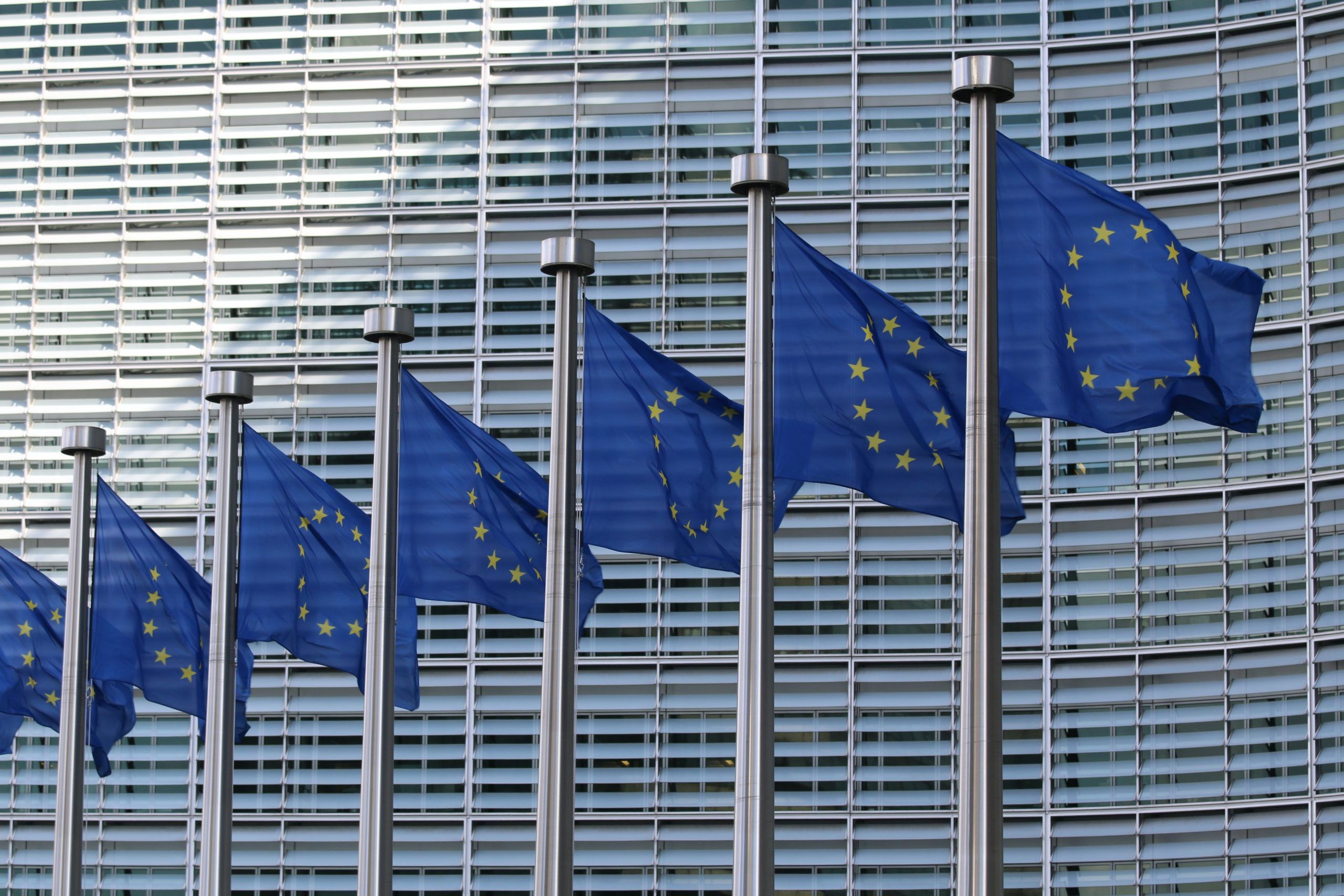The Commission has presented legislative proposals to implement the most comprehensive reform of the EU’s economic governance rules since the aftermath of the economic and financial crisis.
The central objective of these proposals is to strengthen public debt sustainability and promote sustainable and inclusive growth in all Member States through reforms and investment.
The proposals address shortcomings in the current framework. They take into account the need to reduce much-increased public debt levels, build on the lessons learned from the EU policy response to the COVID-19 crisis and prepare the EU for future challenges by supporting progress towards a green, digital, inclusive and resilient economy and making the EU more competitive.
The new rules will facilitate necessary reforms and investment and help reduce high public debt ratios in a realistic, gradual and sustained manner, in line with President von der Leyen‘s 2022 State of the Union address. The reform will make economic governance simpler, improve national ownership, place a greater emphasis on the medium term and strengthen enforcement, within a transparent common EU framework.
The proposals are the result of an extended period of reflection and broad consultation process.
Stronger national ownership with comprehensive medium-term plans, based on common EU rules
National medium-term fiscal-structural plans are the cornerstone of the Commission’s proposals.
Member States will design and present plans setting out their fiscal targets, measures to address macroeconomic imbalances and priority reforms and investments over a period of at least four years. These plans will be assessed by the Commission and endorsed by the Council based on common EU criteria.
Integrating fiscal, reform and investment objectives into a single medium-term plan will help to create a coherent and streamlined process. It will strengthen national ownership by providing Member States with greater leeway in setting their own fiscal adjustment paths and reform and investment commitments. Member States will present annual progress reports to facilitate more effective monitoring and enforcement of the implementation of these commitments.
The new fiscal surveillance process will be integrated in the European Semester, which will remain the central framework for economic and employment policy coordination.

Commission relaunches the review of EU economic governance |
Simpler rules taking account of different fiscal challenges
Fiscal situations, challenges and economic prospects vary greatly across the EU’s 27 Member States. Hence, a one-size-fits-all approach does not work. The proposals seek to move to a more risk-based surveillance framework that puts public debt sustainability at its core, while promoting sustainable and inclusive growth. This approach will adhere to a transparent common EU framework.
Member States’ plans will set out their fiscal adjustment paths. These will be formulated in terms of multi-year expenditure targets, which will be the single operational indicator for fiscal surveillance, thereby simplifying fiscal rules.
For each Member State with a government deficit above 3% of GDP or public debt above 60% of GDP, the Commission will issue a country-specific “technical trajectory”. This trajectory will seek to ensure that debt is put on a plausibly downward path or stays at prudent levels, and that the deficit remains or is brought and maintained below 3% of GDP in the medium term.
For Member States with a government deficit below 3% of GDP and public debt below 60% of GDP, the Commission will provide technical information to Member States to ensure that the government deficit is maintained below the 3% of GDP reference value also over the medium term.
These technical trajectories and technical information will guide Member States when designing the multi-year expenditure targets that they will include in their plans.
Common safeguards will apply to ensure debt sustainability. The 3% and 60% of GDP reference values for deficit and debt will remain unchanged. The ratio of public debt to GDP will have to be lower at the end of the period covered by the plan than at the start of that period; and a minimum fiscal adjustment of 0.5% of GDP per year as a benchmark will have to be implemented so long as the deficit remains above 3% of GDP. Furthermore, Member States benefitting from an extended fiscal adjustment period will need to ensure that the fiscal effort is not postponed to the outer years.
General and country-specific escape clauses will allow deviations from the expenditure targets in case of a severe economic downturn in the EU or the euro area as a whole or of exceptional circumstances outside the control of the Member State with a major impact on public finances. The Council, based on a recommendation from the Commission, will decide on the activation and deactivation of these clauses.
Facilitating reforms and investment for EU priorities
Reforms and investment are both essential. The green and digital transitions, the strengthening of economic and social resilience and the need to bolster Europe’s security capacity will require large and sustained public investment in the years to come. Reforms enhancing sustainable and inclusive growth remain an essential component of credible debt-reduction plans. The positive interaction between reforms and investment is already showing its benefits under NextGenerationEU’s Recovery and Resilience Facility.
The proposals therefore aim to facilitate and encourage Member States implementing important reform and investment measures. Member States will benefit from a more gradual fiscal adjustment path if they commit in their plans to a set of reforms and investment that comply with specific and transparent criteria.

European Commission approves third €6 billion payment to Spain under the Recovery and Resilience Mechanism |
Providing for effective enforcement
Rules require enforcement. While the proposals provide Member States with more control over the design of their medium-term plans, they also put in place a more stringent enforcement regime to ensure Member States deliver on the commitments they undertake in their medium-term fiscal-structural plans.
For Member States that face substantial public debt challenges, departures from the agreed fiscal adjustment path will by default lead to the opening of an excessive deficit procedure.
Failure to deliver on the reform and investment commitments justifying an extension of the fiscal adjustment period could result in the adjustment period being shortened.
More information: European Commission







Leave a Reply